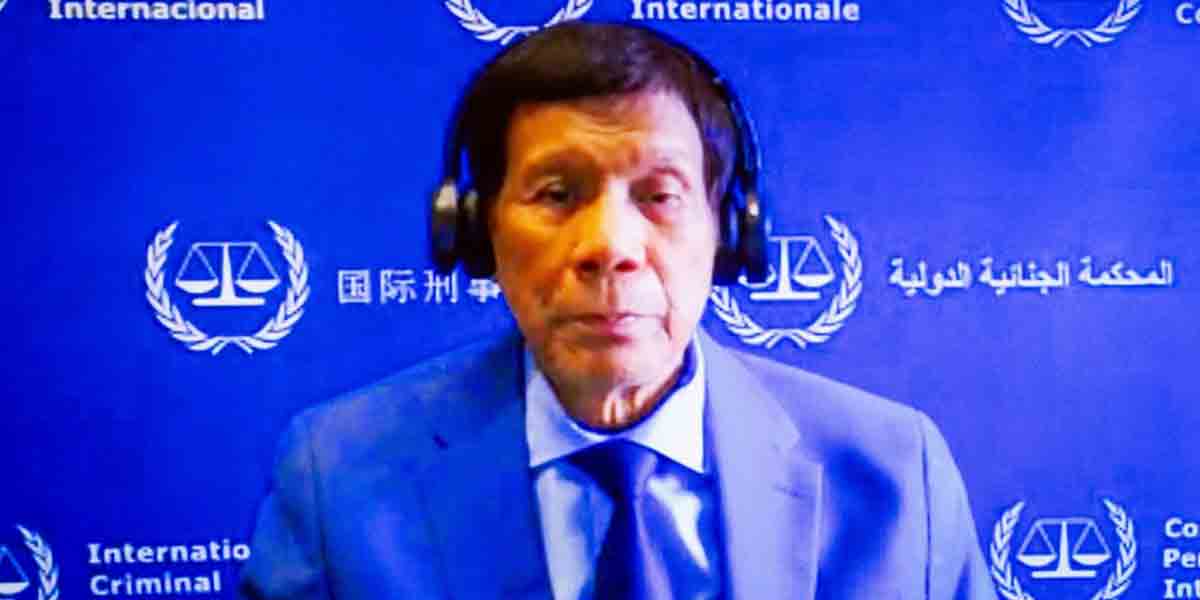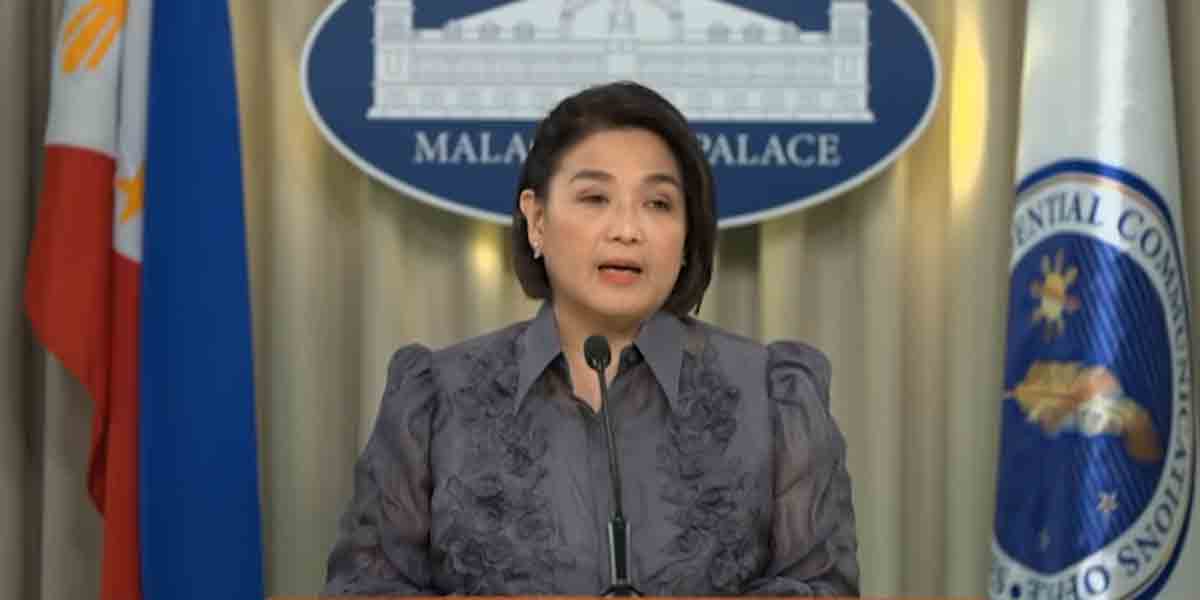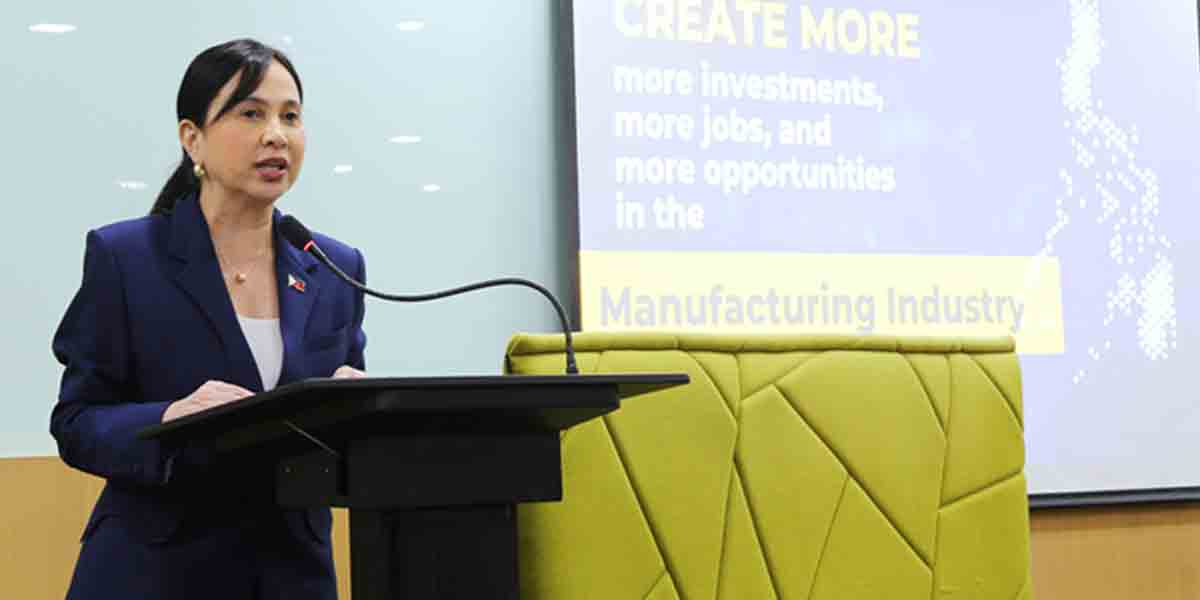By Michael Henry Yusingco, LL.M
Two facts to know about the office of the Vice-President (VP). First, the 1987 Constitution does not prescribe specific duties and responsibilities for the VP, apart from being the first in line to succeed the President. It must be emphasized though that the constitution provides that the VP shall have the same qualifications as the President. So, the holder of this office will be judged in the same way as the President.
Second, the President is given the option to appoint the VP to his cabinet and such appointment requires no confirmation from the Commission on Appointments. But the Chief Executive is not compelled to do this, nor is there any obligation to give the VP any other work in the administration.
Since the hot topic of the day is the national budget, seems only natural to examine the allocation for the office of the VP. Following the constitutional design, the office itself requires only a modest allocation in the national budget. Obviously, it is an administrative office that needs to be maintained. The VP incurs the normal expenses as any other public official would such as meals and transportation.
Of course, if a special office is created for the VP, then this would require a specific allocation in the national budget. The amount would then depend on the kind of work assigned to this special office. If the VP is appointed to an existing portfolio in the executive branch, then its budget allocation must pass through the regular process.
So, the question that needs to be asked is this: if the constitution did not mandate any particular work for the VP, neither is there a law that does, then what should the VP do during his or her term of office?
The blunt answer is to simply wait and be ready to assume the presidency when the time comes. But this need not be as boring as it looks. Obviously, the VP must be updated on the current problems of the country. He or she should get the same briefings as the President, as far as practicable. The VP must be able to offer public policy ideas, if not directly to the administration, then to civil society. The incumbent does not have to be tucked away some place just waiting to succeed the President.
Needless to say, the VP can still be active in serving the public. But in this regard, it should be crystal clear as to what the VP must not do. Common sense dictates that the VP should not duplicate the work being done by other agencies. This is a waste of taxpayers’ money and potentially can also be disruptive to the operations of the offices affected.
For instance, tree-planting. This is already part of the work being done by the DENR and local governments. And this initiative is not as simple as it sounds. Planting the wrong kind of tree can be harmful to the local environment. The VP can of course, assist these agencies in this effort, but it should not get any special funding in doing so. Public funds, scarce as it is, must be spent judiciously.
Indeed, the VP should not be a drain on the public coffers. As per the 1987 Constitution, it is really not expected to deliver any specific public service. Hence, any program or initiative coming from this office must not take away money from other government offices. If we had a robust national treasury, then allocating huge amounts of taxpayers’ money to the office of the VP would not be an issue. But this is not the case. We are deep in debt, as it happens.
It is utterly detrimental to the nation’s fiscal health if the VP is given a budget allocation that is inconsistent with the constitutional design of this office. Allotting confidential and intelligence funds, for instance. First, the VP really has no mandate to perform law enforcement and national security duties, so this allocation is arguably unconstitutional. Second, the money is better spent on agencies that desperately need it such as the Department of Health. Or to an office that urgently needs more confidential and intelligence funds like the Philippine Coast Guard.
It is worth emphasizing, given the intransigence of this administration and the current VP’s allies in Congress regarding this issue, that there is no expectation on the VP to perform any public service other than being ready to succeed the President. To remedy this “gap” in our constitutional order, Congress can enact a law that provides legal structure to support the allocation of funds for the office of the VP.
Providing statutory authority over how the office of the VP functions and delivers public service may justify allocating significant amounts to the office. As it is now, its budget allocation seems very personalistic. The amount allotted seems dependent on the political connections of the sitting VP. Clearly, accountability is severely compromised.
Two lessons are revealed to us in this particular budget season. First, for many public officials, political considerations always trump the public interest. This pathology is most evident in the case of the budget allocation for the current VP. Second, only voters can remedy this malaise. For as longs as dynastic politicians get elected, public interest will always play second fiddle to the whims and caprices of the powers-that-be.






















